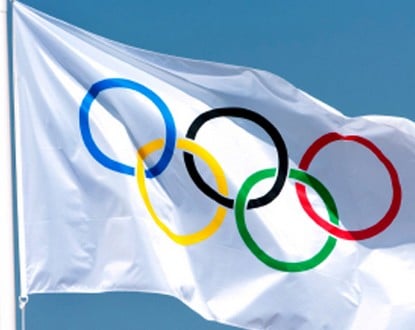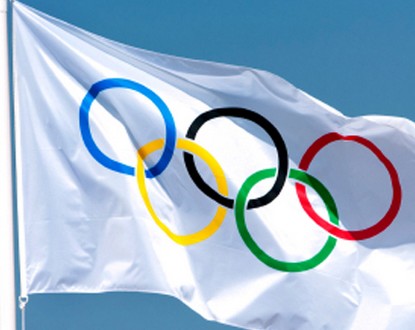The Agenda 2020 is no longer just a beautiful idea. Since this Tuesday, November 18, it has become almost a reality. A vast plan of reforms initiated by Thomas Bach is set to be submitted for a vote by the IOC members on December 8 and 9, for validation that seems assured in advance.
 The IOC president has communicated the 40 proposals, derived from an abundant batch of 40,000 communications and more than 1,200 concrete ideas received over more than a year in Lausanne. Around forty proposals presented by Thomas Bach as “pieces of a puzzle. When put together, they reveal the image of the IOC preserving the unique character of the Olympic Games while strengthening the role of sport in society.”
The IOC president has communicated the 40 proposals, derived from an abundant batch of 40,000 communications and more than 1,200 concrete ideas received over more than a year in Lausanne. Around forty proposals presented by Thomas Bach as “pieces of a puzzle. When put together, they reveal the image of the IOC preserving the unique character of the Olympic Games while strengthening the role of sport in society.”
In detail, the main recommendations are as follows:
-
Modify the bidding procedure. Recommendation No. 1 was perhaps the most anticipated, particularly by the United States, France, and Germany, where preparations are underway for a bid for the 2024 Games. The IOC now wishes to “invite potential candidate cities to present a project that corresponds to their long-term sports, economic, social, and environmental planning needs. The organization of sports and events outside the host city and, even in exceptional cases, outside the host country could also be allowed, provided the integrity of the Olympic Village is maintained. In short, the IOC is opening the door to joint bids by several cities or countries. A true revolution.
-
Reduce the cost of bidding. How? By reducing the number of authorized presentations and through financial assistance from the IOC to the bidding cities. A financial contribution announced as “significant.”
-
Move from a sports-based program to an event-based program. Accreditations for athletes, coaches, and other support staff will remain limited, but the IOC wants to allow the admission of more than 28 sports to the program. A new sport, discipline, or event could thus join the Olympic program every four years, in the interest of “flexibility and diversity” of future Games.
-
Launch an Olympic television channel. It will be expected to offer a platform for sports and athletes beyond the Olympic Games period. Candidate cities may benefit from a certain level of exposure during the bidding phase.
In contrast, several proposals made by some IOC members have not been retained. Therefore, they will not be submitted for a vote by the General Assembly. The age limit of 70 years for IOC members will not be changed. Neither will there be a proposal to re-authorize visits to candidate cities for the Games organization.



